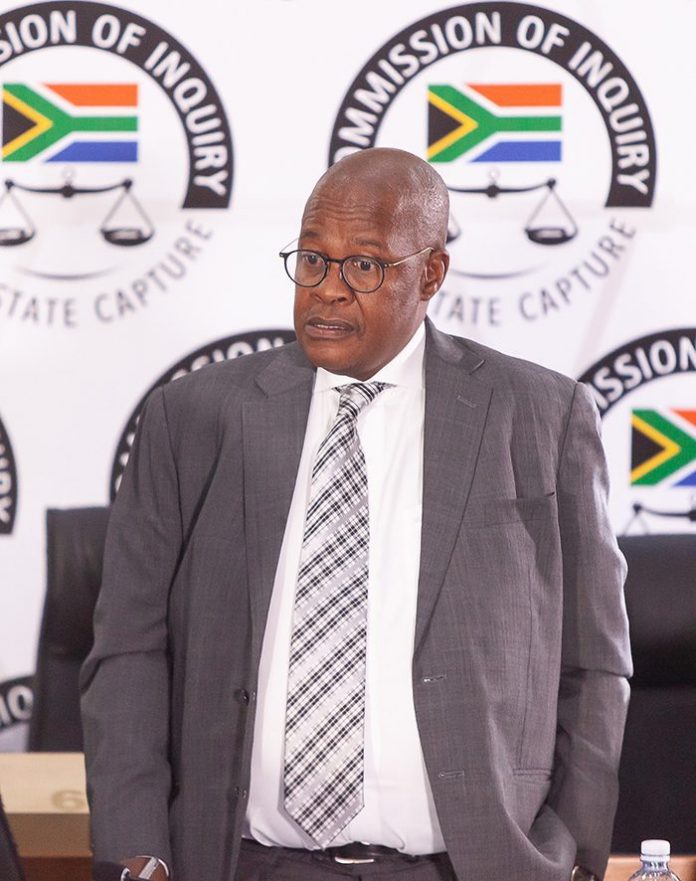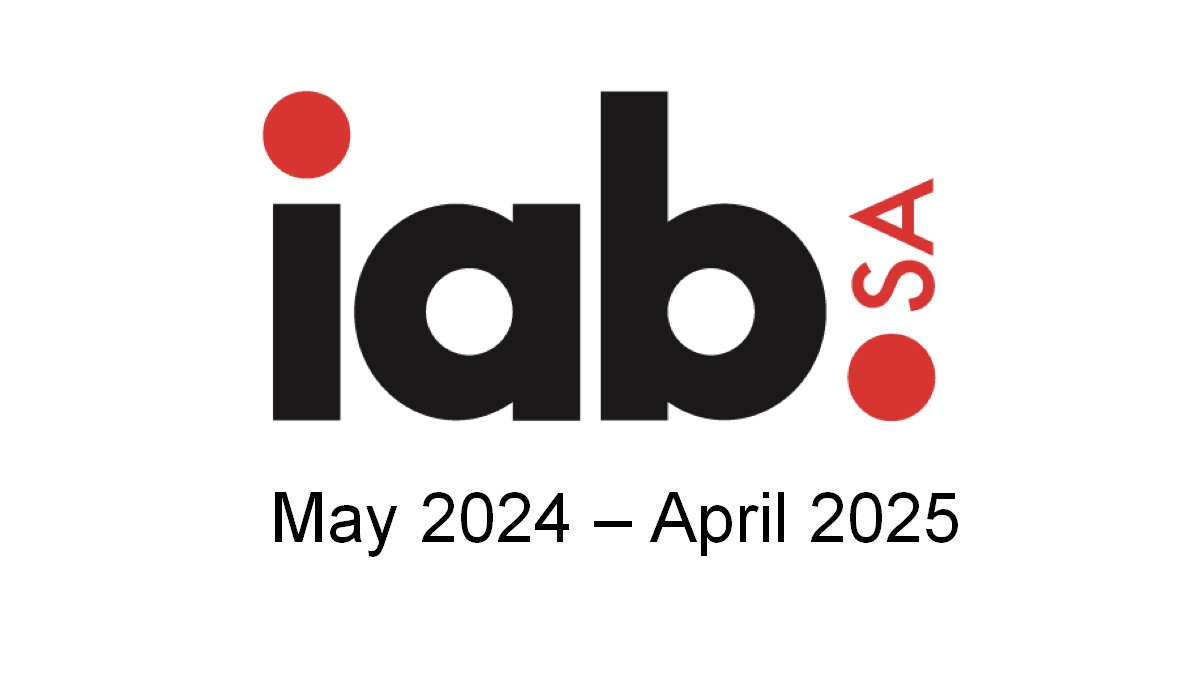Just over 10 years ago, state-owned freight logistics group Transnet was on the cusp of greatness, about to embark on a massive infrastructure programme, the likes of which the country had not seen before.
Things looked pretty from outside. Then celebrated executive Brian Molefe had recently joined the company as group CEO.
A lot was expected from Molefe – who enjoyed a stellar run at the helm of the Public Investment Corporation – where under his leadership assets under management grew from R308-billion to more than R950-billion.
“His (Molefe’s) understanding of capital markets and asset management will be invaluable as the company moves forward with its massive infrastructure development programme,” said then minister of public enterprises Malusi Gigaba, announcing Molefe’s appointment as Transnet’s boss, an appointment that a Gupta-owned newspaper had “predicted” a few months before. More about the Gupta family and their apparent influence at Transnet later.
Molefe hit the ground running, and in April 2012, he announced an “audacious” R300-billion market demand strategy (MDS) – the company’s biggest project to date. And in just a few years to come, MDS would be a feeding frenzy for the Guptas and their enablers.
The MDS, according to Molefe, aimed at expanding South Africa’s rail, port and pipelines infrastructure.
It focused primarily on Transnet Freight Rail (TFR), which took up two thirds of investment budget and was destined to become the world’s fifth-biggest rail freight operation by 2019.
TFR was headed by Siyabonga Gama, and the division would be allocated a mammoth R201-billion of the R300-billion to spend on the procurement of wagons from Transnet Rail Engineering, the upgrading of existing infrastructure and new infrastructure.
“We are poised to become one of the world’s largest freight logistics groups. The market demand strategy will see Transnet’s revenue grow from R46-billion in 2011/12 to R128-billion in 2018/19,” Molefe boldly estimated.
Gama at the time said a total of 1 064 locomotives, some electric and others diesel, would be commissioned over a seven-year period. This detail will become important shortly.
Two months after the MDS was made public amid fanfare, Transnet appointed Anoj Singh as CFO. The trio of Molefe, Gama and Singh were seen as a dream team to deliver on the MDS – a team many boards would kill to have. Molefe came with a big reputation as alluded earlier, and Gama was a Transnet man through and through – the same applied to Singh.
Gama, who joined the company in 1994, had been at the helm of TRF since 2005 and had steered the freight rail from a loss-making division to the highest contributor of revenue for the Transnet group. Under his tenure, TFR grew into a more than 60% contributor to Transnet’s revenue. He received several industry awards in the process, including the 2014 BBQ Public Sector Visionary Award and was cited as honorary lifetime president of the Union of
African Railways.
Singh’s CV also looked impressive. He joined Transnet in 2003 as a senior financial manager at TFR. He was the group’s acting CFO from 2009 until his permanent appointment in June 2012. Before joining Transnet, he worked for the food retail group Spar and auditing firm, Deloitte & Touche.
With these three at the helm what could possibly go wrong? A lot when the Guptas are in the picture.
Singh and Molefe were this week arrested for their role in the corruption that engulfed Transnet at the height of state capture – centred on the MDS expenditure. They join Gama, who was arrested earlier in the year. The trio is joined at the dock by Gupta-linked
Regiments Capital directors Niven Pillay and Litha Nyhonyha.
Transnet’s former CFO, Garry Pita, group treasurer Phetelo Ramosebudi, Regiments partner and former Trillian executive Eric Wood and Trillian Asset Management director Daniel Roy, and Gupta associate Kuben Moodley have also been arrested.
The prosecuting authority said the men were arraigned on charges stemming from the locomotives transaction advisory tender that was awarded to the McKinsey-led consortium in 2012, “resulting in the procurement of 1 064 locomotives worth over R54-billion. Regiments Capital was irregularly on board and ended up benefiting from the irregular appointment by Transnet in respect of the contract.”
Evidence led before the State Capture Commission showed that the 1 064 locomotives were irregularly procured with the initial estimated cost of R38.6-billion, which escalated to R54-billion.
Chairperson of the state capture commission chief justice Raymond Zondo also heard that the R16-billion escalation was created to facilitate kickbacks to Gupta-linked firms and was made possible through private- and state-actor collusion.
Zondo, in his report, identified Molefe, Gama and Singh as the “architects and implementers” of state capture at Transnet.
Sad for men who could have decided to be anything in this world but chose to entangle themselves in the state capture web.
Follow @SundayWorldZA on Twitter and @sundayworldza on Instagram, or like our Facebook Page, Sunday World, by clicking here for the latest breaking news in South Africa. To Subscribe to Sunday World, click here




